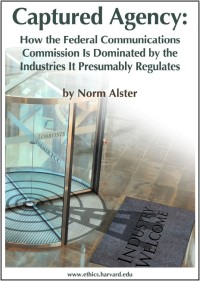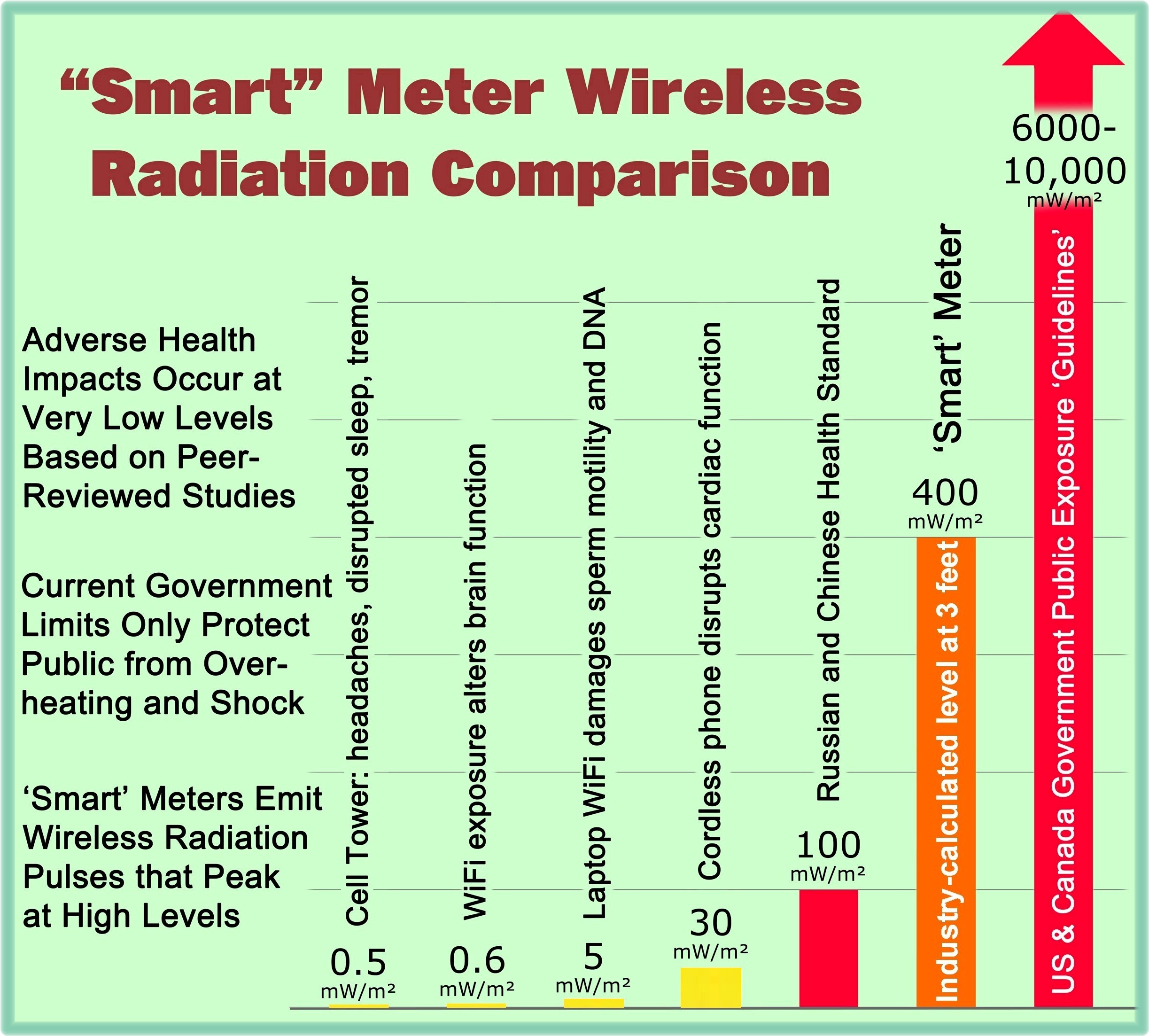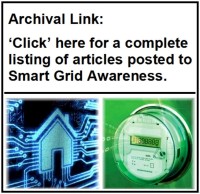by K.T. Weaver, SkyVision Solutions
 In 2015, I wrote a comprehensive article explaining that customer calls, not smart meters are still the primary source of power outage notification for utilities and that “it is unrealistic and misleading to advertise that a smart meter will identify your home as being without power with notification to the utility of that condition.” [1] This is particularly true for large-scale outages since individual meters generally depend on other smart meters in the system to act as relays for an outage notification signal to make it all the way back to the utility company. As the number of meters in the system increases which are without power, fewer and fewer meters remain that can act as relays.
In 2015, I wrote a comprehensive article explaining that customer calls, not smart meters are still the primary source of power outage notification for utilities and that “it is unrealistic and misleading to advertise that a smart meter will identify your home as being without power with notification to the utility of that condition.” [1] This is particularly true for large-scale outages since individual meters generally depend on other smart meters in the system to act as relays for an outage notification signal to make it all the way back to the utility company. As the number of meters in the system increases which are without power, fewer and fewer meters remain that can act as relays.
Smart meters can also be much more easily damaged during storm conditions as compared to their analog counterparts. Such is likely the case in Lakeland, Florida, where restoration efforts are still underway from Hurricane Irma. Up to 500 smart meters are reported as malfunctioning and indicating that power has been restored to the customer when it has not. As reported by WTVT in Tampa [2]:
“If you are in the Lakeland area and you still don’t have power, Lakeland Electric wants you to call them. …
Apparently the smart meters may not be as smart after a big storm like Irma because up to 500 are malfunctioning, and they’re saying that a house has power when it really doesn’t. … The not so smart meters.”
Overall, power restoration efforts in Florida are reported to be occurring at a good rate. This is primarily due to the massive number of resources being brought in from out-of-state to assist with the restoration. Don’t be fooled into later believing that a relatively quick restoration had something to do with “smart meters.” If anything, smart meters are likely hindering and complicating the restoration efforts as reported by WTVT.
The above video contains material used pursuant to the Fair Use Doctrine under 17 U.S.C. 107 and is presented in the public’s interest for non-commercial purposes.
See prior article regarding Lakeland Electric: Domino Effect: More Smart Meters Being Replaced Due to Fires
References and Notes
[1] “Customer Calls, Not Smart Meters, Still Primary Source of Power Outage Notification for Utilities.” SkyVision Solutions Blog Article, April 2015, at https://smartgridawareness.org/2015/04/30/customer-calls-not-smart-meters-still-primary-source-of-power-outage-notification-for-utilities/
[2] “Smart meters could slow power restoration in Lakeland,” FOX13, WTVT, Tampa, Florida, September 21, 2017, at http://www.fox13news.com/news/local-news/smart-meters-could-slow-power-restoration-in-lakeland
[3] Lakeland, Florida, has a population of about 100,000 and has a municipal utility department that services Lakeland and a small surrounding area. According to the City of Lakeland’s annual report, Lakeland Electric services about 127,000 retail customers. (Reference: http://www.lakelandgov.net/media/1326/cafr-2016-city-of-lakeland-sf.pdf)
According to a write-up at https://en.wikipedia.org/wiki/Hurricane_Irma: “The hurricane [Irma] was downgraded to Category 1 intensity, prior to reaching Tampa.” Lakeland is located just east of Tampa.
Below are a couple of links that provide critical (editorial) coverage of the Irma response in Florida by Florida Power & Light (FPL) which is the state’s largest electric utility:
FPL spent $3 billion preparing for a storm. So why did Irma knock out the lights?, at http://www.miamiherald.com/news/weather/hurricane/article174521756.html
FPL should give Hurricane Irma sufferers more information | Editorial, at http://www.sun-sentinel.com/opinion/editorials/fl-op-editorial-fpl-hurricane-irma-20170912-story.html





Since the power grid powers the smart meter, the only way the utility can know if a customer has dropped off is via loss of communication–such could be a smart meter failure, communications overload or power outage–communications overloads happen periodically anyway and smart meters are not necessarily reliable when compared to its analog counterpart…
What you say is basically true, but smart meters are also supposed to send out a specific transmission notifying the utility of a loss of AC power. Some smart meters have a back-up battery to be able to send out this signal upon AC power loss; others have what is called a supercapacitor that enables a “last gasp” outage notification signal. This works fairly well for single customer outages but doesn’t work well for widespread power outages for reasons described in the referenced article at https://smartgridawareness.org/2015/04/30/customer-calls-not-smart-meters-still-primary-source-of-power-outage-notification-for-utilities/.
Thank you for more insightful articles that track what is currently happening in the wireless utility meter realm. Those who are truly informed and care to be more so, know that smart meters are indeed junk. Keep up the good work, Sky Vision Solutions!